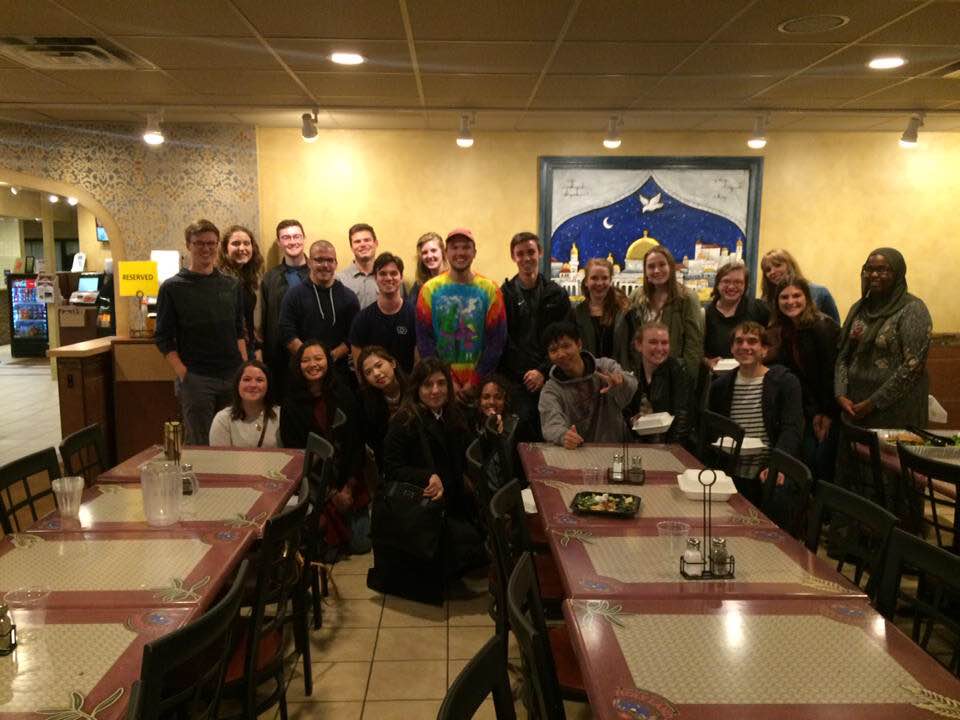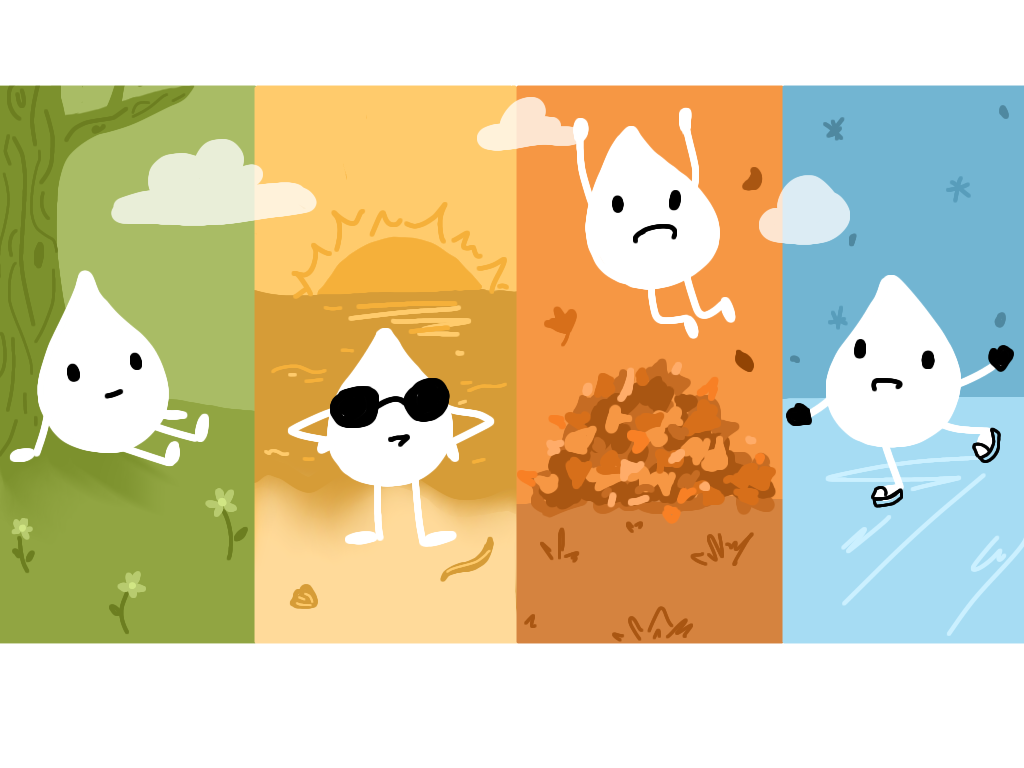As an 18-year-old college student, I was surprised at my own excitement when my professor announced a field trip for my Arab American Literature and Film class. The itinerary was simple: dinner at Holy Land, an Arab restaurant in Minneapolis, and a movie at the St. Anthony Main Theater being shown as part of the annual Arab Film Festival. The five-hour trip was short, but sweet. By the time our car was back outside of Buntrock Commons at 10 p.m., I couldn’t help but think how beneficial field trips can be for students taking courses at St. Olaf.
It is fascinating to look at our attitude toward field trips depending upon our age. As middle schoolers, we loved field trips. Whether it was the zoo or the museum, if it meant not sitting in class for a day, we could almost forget about the parent chaperone whose eyes monitored our every movement. Once we turned 16, high school field trips just seemed like an awkward time, especially if our friends were not in the same class. For a bunch of asocial teenagers on the bright yellow school bus, pulling out headphones and blasting music until the trip ended sounded like a perfect escape.
College hits. Homework piles up even though you are taking fewer classes. Unless you have a car, it is unlikely you would leave campus for entertainment on the weekends. As someone who is too cheap to pay $30 to go to the Twin Cities, I barely ever leave campus. To me, field trips are appealing because they are not only an opportunity to explore Minneapolis or St. Paul, but are also beneficial to college students both academically and socially.
“To me, field trips are appealing because they are not only an opportunity to explore the Cities, but they are beneficial to college students both academically and socially.” – Skye Nguyen
Story continues below advertisement
I believe college field trips provide an excellent immersion experience for students. Classes that could benefit from such experience are those analyzing certain subjects such as Film, Literary Studies and Art History. For my Arab American Literature and Film class specifically, we experienced watching a movie premiere in a full theater. The showing was sold out and the theater’s atmosphere hummed with excitement from viewers as it would be the first time the movie was shown in the United States. This immersive experience helped strengthen us as movie critics and exposed us to the organic reaction of an audience to the movie.
In a similar but different way, a friend of mine attended a Catholic mass on Sunday morning at a church in the Twin Cities with her Roman Catholic Theology course. The students gained a much better understanding of the subject through an immersive experience.
Not only do college field trips give individual students sensory experiences which help their understanding of the course material, but these trips also offer an opportunity for students to better know each other and their professor.
At St. Olaf – and likely almost every other college in the United States – students arrive at class on time and attempt to leave as soon as possible. This leaves a limited amount of class time for mingling, as class time is usually spent on discussion and conversations about the subject being studied. Very few students stay afterward to converse with peers or professors.
When a class takes a field trip, everyone talks to each other for company or even to fill the silence of the car. Through these semi-voluntary conversations, students can finally discuss non-academic matters. Maybe they would discover that even though their peers might have different opinions on the course content, they are not too different from each other after all.
The perks of going on a college field trip are quite exceptional and I believe we should have more field trips throughout the school year, especially for classes which could benefit from an immersive experience. Students can get to the destination using the school vans, the bus or simply through carpooling. Those classes that could improve learning through field trips should have at least one trip per semester. This makes the learning experience more diverse and creates a friendlier environment for conversations between peers, as well as improved student-professor relationships.
Skye Nguyen ’21 ([email protected]) is from Hanoi, Vietnam. She majors in English.



